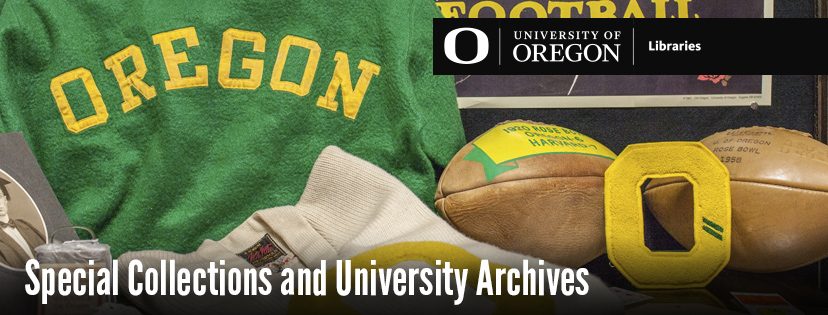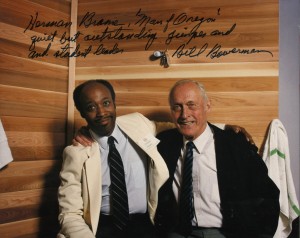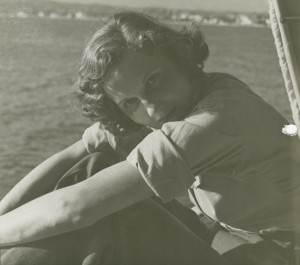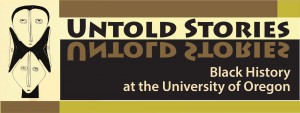A Pillar of Hope: Dr. Ed Coleman’s Legacy

This is the third of a series of blog posts highlighting the ongoing work of the Documenting UO History Project within the University Archives. A major part of this project is researching and documenting the often untold and hidden histories of the university’s diverse and underrepresented communities. This year our focus will continue to focus on Black history on campus, specifically Black student activism from the 1960s to present. In this specially released post we are celebrating the life of Professor Ed Coleman. Prior posts can be seen here.
“I’ve had urine thrown on me, I’ve been through the fire… I grew up living Jim Crow — I didn’t think about it then, it was just part of life, I know life shouldn’t be that way, but I don’t look back in anger.” –Dr. Coleman, Register-Guard Interview, June, 2016
Dr. Edwin Leon Coleman II left an enduring legacy at the University of Oregon and in the Eugene community as an educator, musician, civil rights activist, writer, community and campus organizer, and perhaps most importantly, a friend and advocate of students, faculty and community members of color. His passing on Friday, January 20, shocked circles across the state of Oregon. When it comes to civil rights and activism on the University of Oregon campus and in Eugene, Professor Coleman stands out as one of the most impactful Oregon faculty members of the late 20th century.


![Chief Johnny Jackson stands at Lyle Point on the Columbia River. [Jacqueline Moreau papers, Coll 459, Box 10, Folder 4; Special Collections and University Archives, University of Oregon Libraries, Eugene, Oregon.]](https://blogs.uoregon.edu/scua/files/2016/12/Lyle-Point-and-the-Columbia-River-23ldev7-300x204.jpg)


